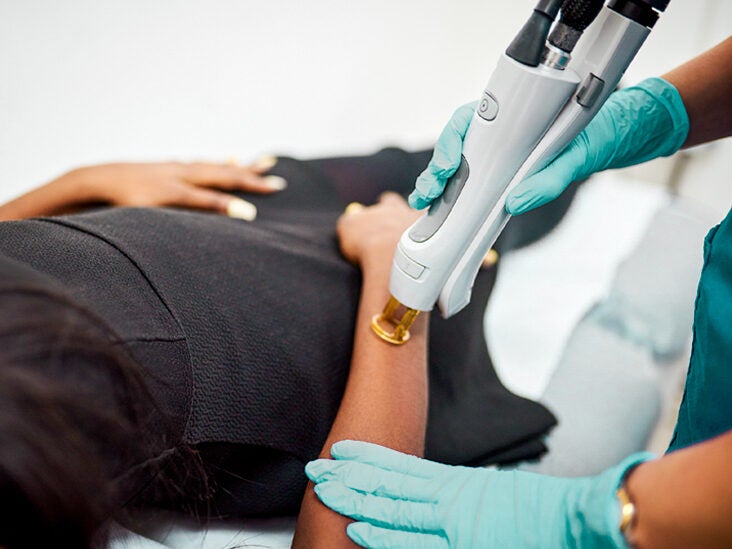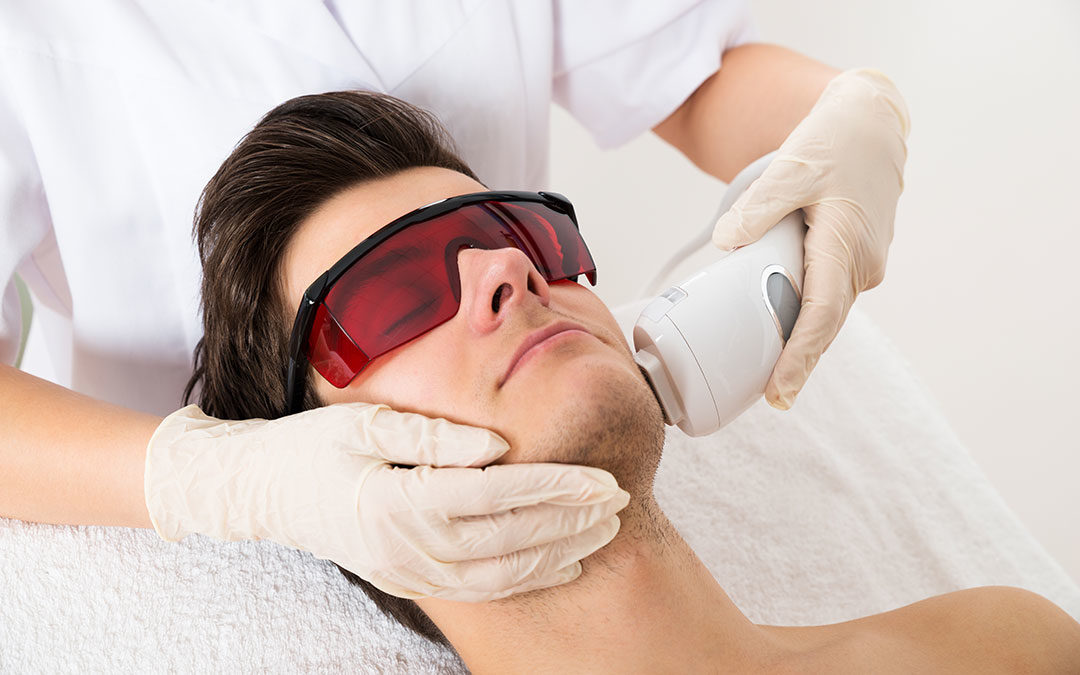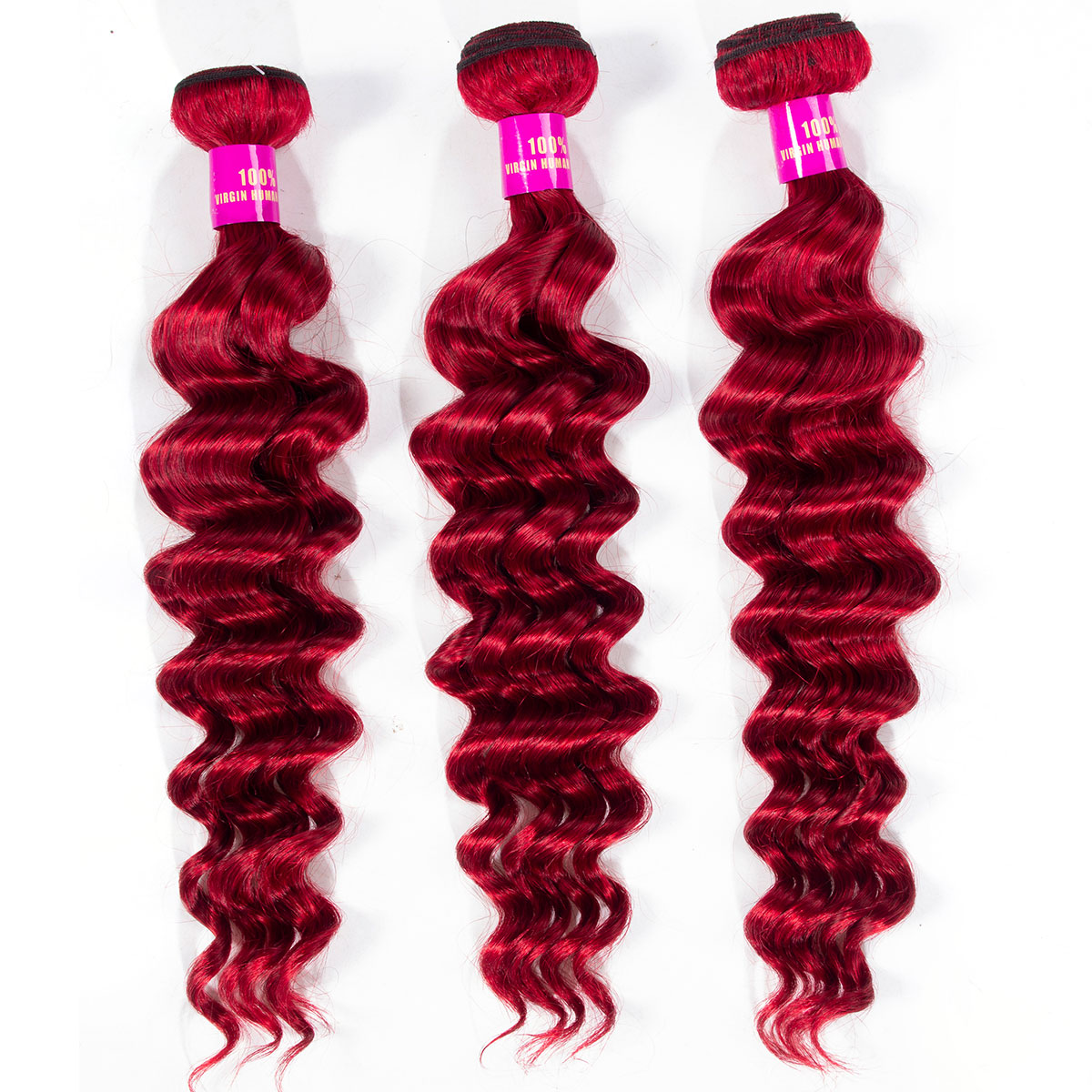Table Of Content

The new acne on your face or heat rash in other areas, for example, would likely not react well to bleaching. Temporary skin color changes, like melasma and linea nigra (the dark line that runs from the navel to the pubic area), may make bleached hair more noticeable anyway. These products contain the active ingredients barium sulfide powder and calcium thioglycolate, which cause the hair to dissolve into a jelly-like mass that can be wiped away from the skin. Though sugar may seem more natural than wax, it can also cause the same skin irritations and infections — so proceed with the same precautions as waxing. When you’re shaving your legs, do so with care (and a lot of nick-protecting shaving gel), since your balance is more likely to be a bit off (plus you’ll be less and less likely to see beyond your growing belly).
Is Laser Hair Removal Safe While Pregnant? Experts Explain - NewBeauty Magazine
Is Laser Hair Removal Safe While Pregnant? Experts Explain.
Posted: Tue, 05 Mar 2024 08:00:00 GMT [source]
Is It Safe to Get Laser Skin Resurfacing During Pregnancy?
However, there are safe alternatives for hair removal when you are pregnant. We get it, the idea of smoother, firmer skin can be tempting, particularly when you’re dealing with new pregnancy-induced skin concerns. But, unfortunately, research is limited as to whether or not it’s safe to get laser skin resurfacing during pregnancy. Having an open conversation with your obstetrician can provide clarity on whether laser hair removal makes sense in your individual situation. Together, you can weigh any potential risks and decide the safest hair removal options during your pregnancy journey. While no studies prove lasers cause harm to the fetus, the lack of evidence demonstrating its safety leads most experts to recommend avoiding this cosmetic treatment until after delivery.
What are the risks associated with getting laser hair removal while pregnant
First, it’s important to note that most at-home hair removal devices are not lasers. It works exactly like it sounds – intense light is pulsed to the hair follicle, which disrupts hair growth. While the mechanism of action is similar to laser hair removal, it is less powerful and takes more sessions to get the desired result. Even though laser hair removal is generally not recommended, there are other options for removing unwanted hair while pregnant. The main reason why you should try to avoid laser hair removal while pregnant is that there are a lot of unknowns regarding how laser hair removal may impact your unborn child. Because this is still an active area of medical research, a lot of doctors do not know how laser hair removal is going to impact the outcome of your pregnancy.
Laser Hair Removal During the Pregnancy
Most health experts advise against laser hair removal during pregnancy, as there have been no comprehensive studies on its safety for the expecting mother or fetus. Laser treatment is not recommended at this time due to the lack of evidence on potential effects. It makes perfect sense to conduct those kinds of studies for life-saving procedures. However, when it comes to elective beauty treatments, even if the chances of side effects or complications are extremely low, it’s still not worthwhile.
Increased Skin Sensitivity
After giving birth, high levels of estrogen and progesterone drop rapidly. This triggers excess shedding of hair that grew thicker during pregnancy. The heat and light energy from the laser can potentially reach the uterus and affect the unborn baby. There are concerns that exposure could damage the developing fetus. If you want to reduce the amount of hair on your face, arms, belly, legs, or bikini area, it’s probably safest to shave, thread, pluck, or wax, depending on the size of the area you’re concerned about.
Shaving can cause tiny nicks and scrapes that could lead to infection in or around the wound site. The hairs on your head and your body all have an active growth phase called anagen. When the hair is fully grown, it enters a resting state called telogen, after which it falls out. It depends on the person, but people generally see results within 6-10 treatments. As previously mentioned, the devices available for use at home are not as powerful as the devices you would find in a dermatology office, and therefore more treatments are usually needed. You can also talk to your medical doctor to learn more about what’s safe and not safe for you during your pregnancy.
How Does Pregnancy Affect Hair Growth?
She goes on to explain that the laser causes controlled microscopic injuries while removing your surface layers of skin. As it heals, your skin responds by generating new collagen under your fresh layers of skin, which helps remodel the treated area and quite literally resurface your skin. BTW, if you want to learn more about your pregnancy and delivery be sure to join me in here. Within a peaceful, luxurious environment, you can choose from a wide array of services and products to enhance the appearance of your skin.

Why You Should Not Get Laser Skin Resurfacing During Pregnancy
This could make the treatment less effective, recovery more drawn out, and ultimately counterproductive, especially if a blister forms. Shaving is generally considered safe during pregnancy and won’t harm your developing baby. While you may have masked unwanted hair growth with bleach in the past, you should avoid this hair removal method during pregnancy.
For safe ways to remove unwanted hair during pregnancy, try shaving, waxing, tweezing, and threading. While the results are only fleeting, these methods will tide you over until you can start up treatment again. Even many laser hair removal specialists will not knowingly treat a pregnant woman.
Whether you’re planning full body hair removal or treatment in a specific area, your treatment plan should be adjustable to accommodate your needs. Unfortunately, there are not a lot of studies that have evaluated the specific safety issues surrounding laser hair removal during pregnancy. Even though it is not necessarily unsafe, there is no research showing that it is safe, either. It's important to note that not all laser hair removal procedures are equal. Various technicians employ different types of lasers and employ diverse methods of cooling and soothing the skin during the process. There is currently no evidence indicating that a properly trained and equipped laser technician faces any danger while operating a laser machine during pregnancy.
Laser skin resurfacing is a minimally-invasive, in-office cosmetic skincare treatment also known as a laser peel, lasabration, or laser vaporization. It’s used to reduce the appearance of a wide range of skin issues from lines and wrinkles to discolorations and scars. When faced with the seemingly endless catalogue of things to avoid while pregnant, it can be hard to know what’s a go vs. no-go.
Consult your provider for expert advice on your own health decisions. If you opt to use a hair removal cream, choose one made just for sensitive skin to minimize any irritation or reaction. Follow all directions carefully and do a small patch test on your arm before wider application. Both manual razors and electric shavers are safe to use, but always use a new blade so you’re less likely to draw blood. And don’t share a razor with your partner, which can up the risk of infections. Because all good things must come to an end, though, this won’t last forever.

No comments:
Post a Comment